Report sheds light on extent of US military presence in Africa
A United States military briefing shows Washington runs 34 bases across Africa, contrary to the Pentagon’s insistence that it maintains a modest presence across the continent.
The 2018 briefing by the US African Command (AFRICOM)’s science adviser Peter E. Teil, titled Strategic Posture, was exposed by The Intercept in early December. The news website obtained the documents via the Freedom of Information Act.
The documents, the report said, offer “a unique window onto the sprawling network of US military outposts in Africa, including previously undisclosed or unconfirmed sites in hotspots like Libya, Niger, and Somalia.”
In the briefing, Teil presented a map of the US military’s constellation of the bases, which names 14 forward operating sites (FOSes) and cooperative security locations (CSLs) besides providing country-specific locales for 20 contingency locations.
‘Three theaters’
The website quoted Adam Moore, an assistant professor of geography at the University of California, as saying that the positioning of the bases suggested that the US military presence had been organized around three theaters throughout the continent.
“The Horn of Africa — Somalia, Djibouti, Kenya; Libya; and the Sahel — Cameroon, Chad, Niger, Mali, Burkina Faso,” said Moore, adding that the US only maintained one base in the south.
Lowdown
- Djibouti is home to the “crown jewel” of the bases, Camp Lemonnier, the US hub for operations targeting Yemen and Somalia.
- Libya is shown housing three unnamed and previously unreported contingency locations near its coastline, although President Donald Trump said last year that he saw no US military role there.
- Cameroon accommodates two more contingency bases.
- The 2018 map also notes the existence of a CSL in Chad’s capital, N’Djamena.
- There are two contingency locations in neighboring Mali.
- Tunisia hosts another contingency site.
- Only one base lies in the far south of the continent: A CSL in Botswana’s capital, Gaborone.
“It is getting harder for the US military to plausibly claim that it has a ‘light footprint’ in Africa. In just the past five years, it has established what is perhaps the largest drone complex in the world in Djibouti — Chabelley — which is involved in wars on two continents, Yemen, and Somalia,” Moore said.
The expert also noted that the US was building an even larger drone base in the city of Agadez in central Niger.
Earlier in the year, Gen. Thomas Waldhauser, the AFRICOM commander, told the House Armed Services Committee, “US Africa Command’s posture plan is designed to secure strategic access to key locations on a continent characterized by vast distances and limited infrastructure.”
“Our posture network allows forward staging of forces to provide operational flexibility and timely response,” he added.
'Next to impossible' to rescue patients from Gaza's Kamal Adwan Hospital: Director
VIDEO | Vietnam current prosperity
Report blames gasoil exports for shortage at Iranian power plants
VIDEO | Hind Rajab Foundation names Israeli war criminals vacationing after Gaza genocide
VIDEO | Australians rally for Gaza ahead of Christmas festivities
VIDEO | Attacks on Sana'a
Iran reports further drop in annual inflation rate in December
Israel indicts two settlers over suspected spying for Hezbollah


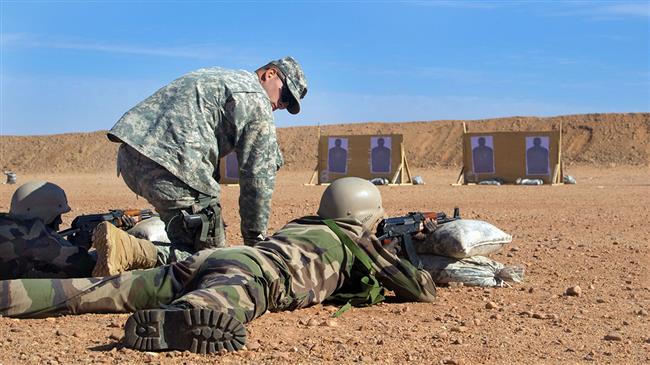

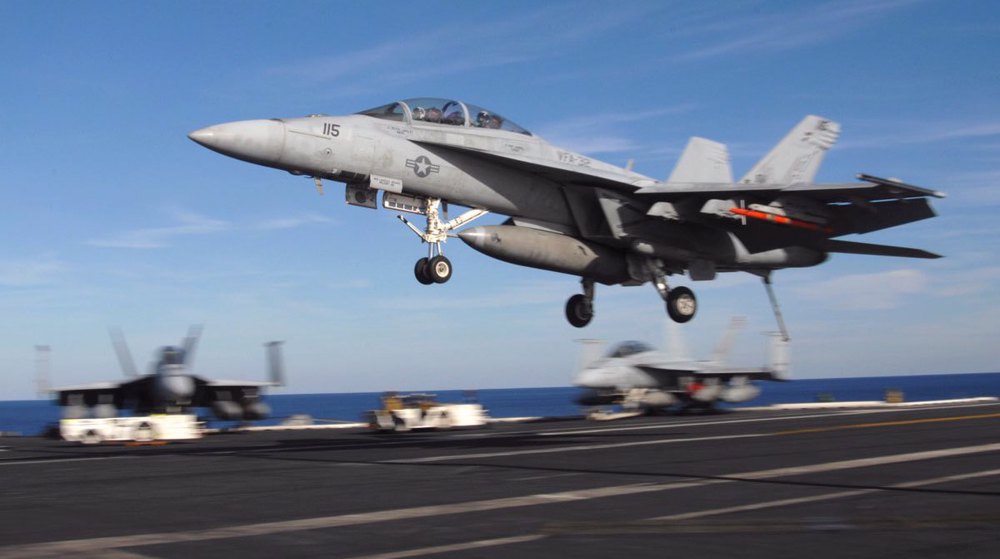

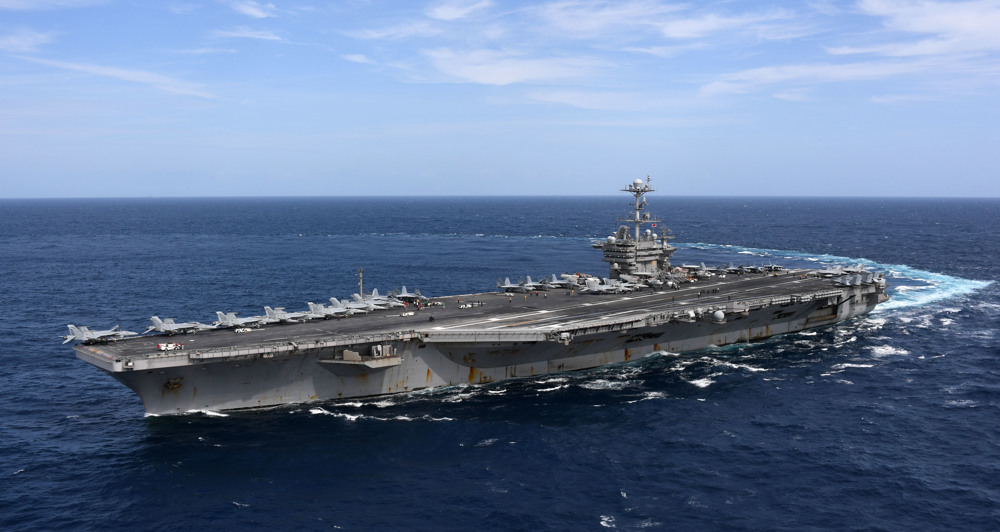



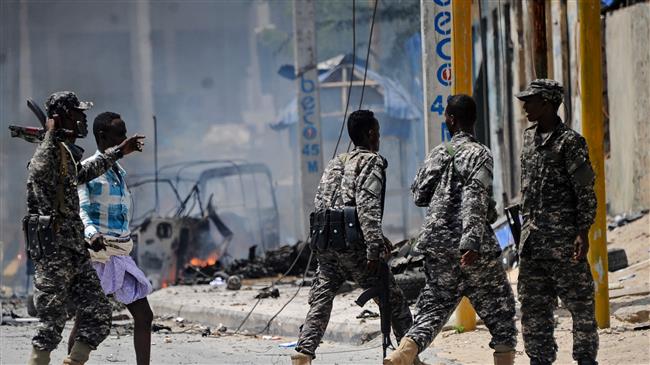

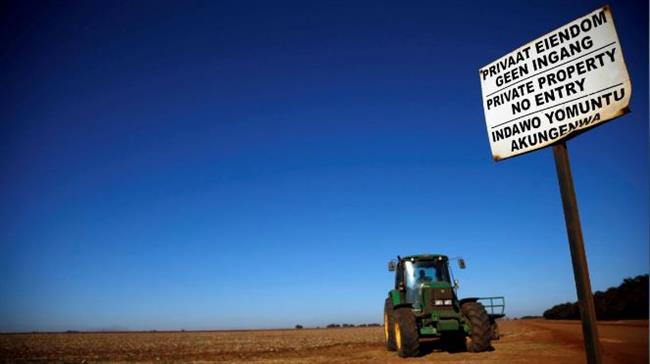

 This makes it easy to access the Press TV website
This makes it easy to access the Press TV website